Masayoshi Son: the God of tech tests the faithful
Masayoshi Son, the founder of Japanese tech giant Softbank, has had a bad crisis. He has bounced back before, and will do again, he insists. It wouldn’t be the first time he’s performed miracles, says Jane Lewis.
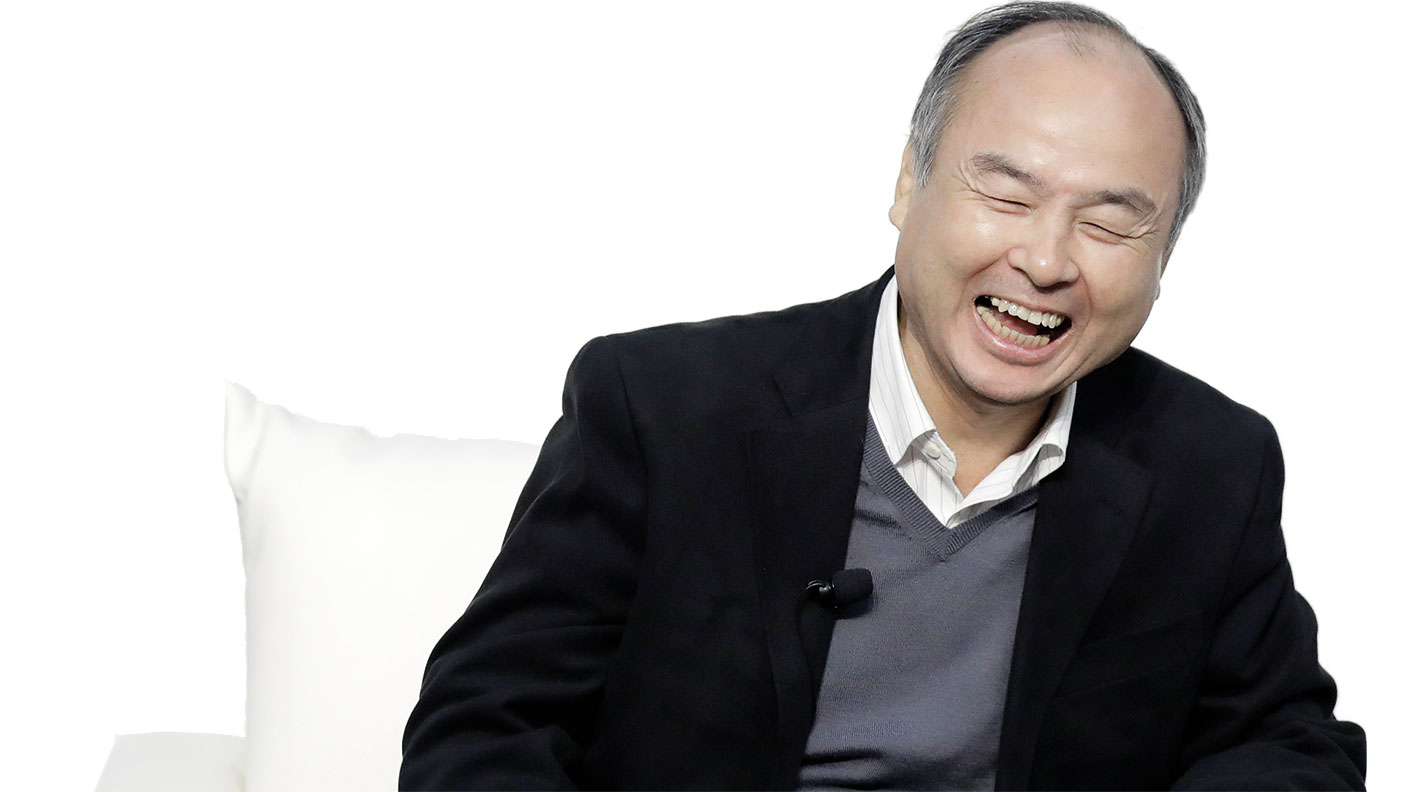
Get the latest financial news, insights and expert analysis from our award-winning MoneyWeek team, to help you understand what really matters when it comes to your finances.
You are now subscribed
Your newsletter sign-up was successful
Want to add more newsletters?

Twice daily
MoneyWeek
Get the latest financial news, insights and expert analysis from our award-winning MoneyWeek team, to help you understand what really matters when it comes to your finances.

Four times a week
Look After My Bills
Sign up to our free money-saving newsletter, filled with the latest news and expert advice to help you find the best tips and deals for managing your bills. Start saving today!
In certain Japanese companies, founder-presidents are sometimes referred to as “kamisama”, or “god”, says the Financial Times. Not all deserve the title, but Masayoshi Son, the irrepressible founder of SoftBank, “has been Japan’s archetypal kamisama for decades. He has led, inspired and been worshipped.” To support the faithful, “Masa” has appeared to perform miracles – his early $20m investment in the Chinese ecommerce start-up Alibaba is now worth around $140bn and considered “among the greatest in tech history”, for example. Which might help explain why – when unveiling the worst loss in SoftBank’s history last week – Son compared himself to Jesus, noting that the Messiah was also “misunderstood and criticised” yet managed to bounce back. Time, he said, would show the value of his investments.
An extraordinary resurrection
Son has always strived “to think big”, says The Japan Times. In 2010, “he laid out SoftBank’s strategy for the next 300 years”. But his most ambitious project yet – the $100bn Vision Fund, conceived as a vehicle to propel SoftBank to the forefront of emerging technologies like AI and robotics – has been floundering. The fund has suffered some $18bn in losses, led by heavy blows to Son’s flagship investments in tech firms such as WeWork and Uber. And while SoftBank itself is still very much alive and kicking (shares have rebounded 71% since their March lows), there are mutterings that Masa has lost his magic touch.
Son, 62, has “an unshakeable belief in his own convictions”, says The New York Times: “He once threatened to set himself on fire in the offices of a Japanese telecom regulator unless policymakers gave him what he wanted”. His stubbornness is perhaps a legacy of being born into a family of second-generation Korean immigrants and being bullied as a child.
MoneyWeek
Subscribe to MoneyWeek today and get your first six magazine issues absolutely FREE

Sign up to Money Morning
Don't miss the latest investment and personal finances news, market analysis, plus money-saving tips with our free twice-daily newsletter
Don't miss the latest investment and personal finances news, market analysis, plus money-saving tips with our free twice-daily newsletter
The first big break came early, when Son took advantage of a study-abroad programme and flew to California at the age of 16 to attend college, says Forbes. From there, he transferred to the University of California, Berkeley, where he majored in economics and met his future wife. Clearly no slouch, he was already in the money by the time he graduated in 1980. After selling an electronic-translator patent to Sharp, he made more than $1m importing refurbished arcade machines. The following year, he returned to Japan to start a business designed as a “software bank” – SoftBank.
In an attempt to pivot away from his current difficulties, Son often invokes the past, says Forbes. As well as citing his Alibaba coup, he can also point to his extraordinary resurrection 20 years ago. No one made more riding the dotcom bubble via investments such as E-Trade and Yahoo – “for three days at the bubble’s peak, Son has claimed he was the richest man in the world”. And no one lost more. By the time the bubble burst SoftBank had lost 99% of its market cap. Yet, within a decade, he had earned his billions back. He thinks the same will happen this time around. Is he “the ultimate escape artist”, preparing for his third act? Or just “a bubble chaser”? History will judge.
Get the latest financial news, insights and expert analysis from our award-winning MoneyWeek team, to help you understand what really matters when it comes to your finances.
Jane writes profiles for MoneyWeek and is city editor of The Week. A former British Society of Magazine Editors (BSME) editor of the year, she cut her teeth in journalism editing The Daily Telegraph’s Letters page and writing gossip for the London Evening Standard – while contributing to a kaleidoscopic range of business magazines including Personnel Today, Edge, Microscope, Computing, PC Business World, and Business & Finance.
-
 How a ‘great view’ from your home can boost its value by 35%
How a ‘great view’ from your home can boost its value by 35%A house that comes with a picturesque backdrop could add tens of thousands of pounds to its asking price – but how does each region compare?
-
 What is a care fees annuity and how much does it cost?
What is a care fees annuity and how much does it cost?How we will be cared for in our later years – and how much we are willing to pay for it – are conversations best had as early as possible. One option to cover the cost is a care fees annuity. We look at the pros and cons.
-
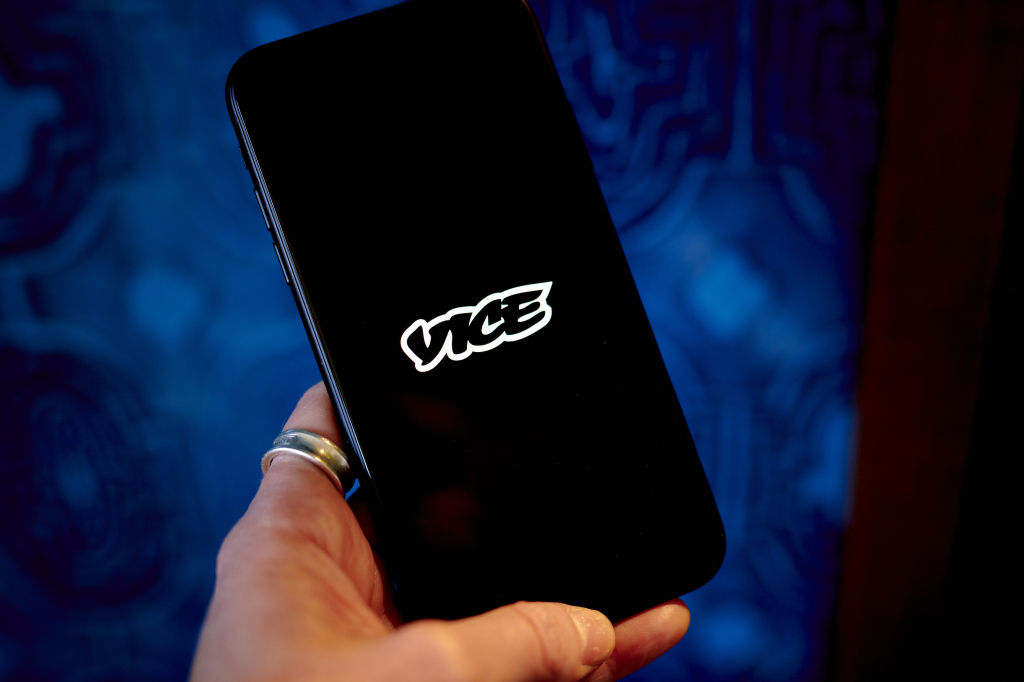 VICE bankruptcy: how did it happen?
VICE bankruptcy: how did it happen?Was the VICE bankruptcy inevitable? We look into how the once multibillion-dollar came crashing down.
-
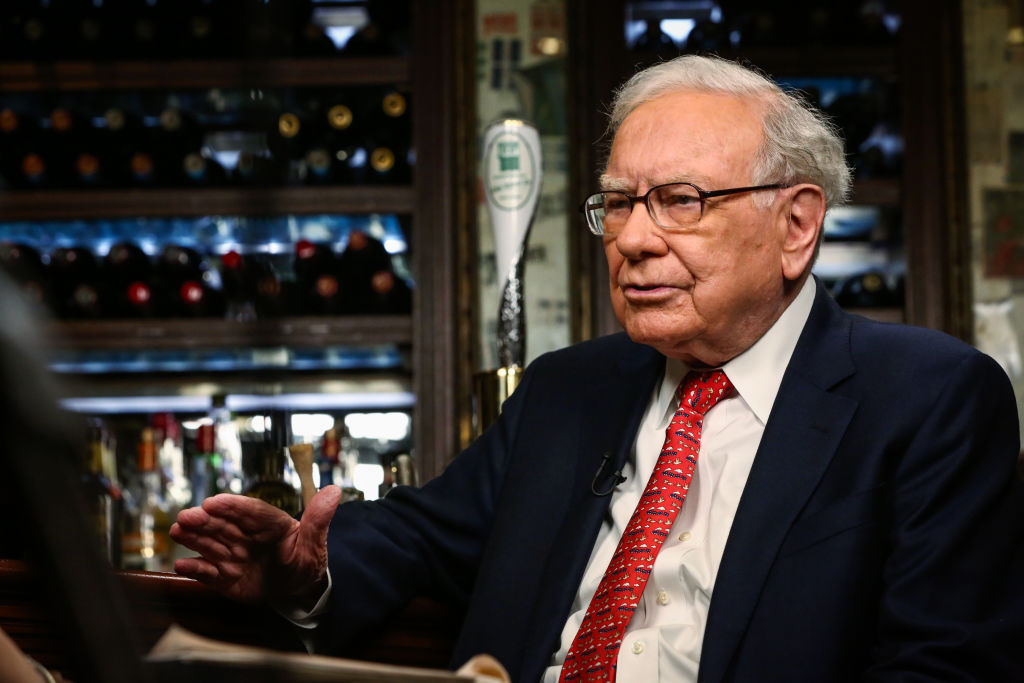 What is Warren Buffett’s net worth?
What is Warren Buffett’s net worth?Warren Buffett, sometimes referred to as the “Oracle of Omaha”, is considered one of the most successful investors of all time. How did he make his billions?
-
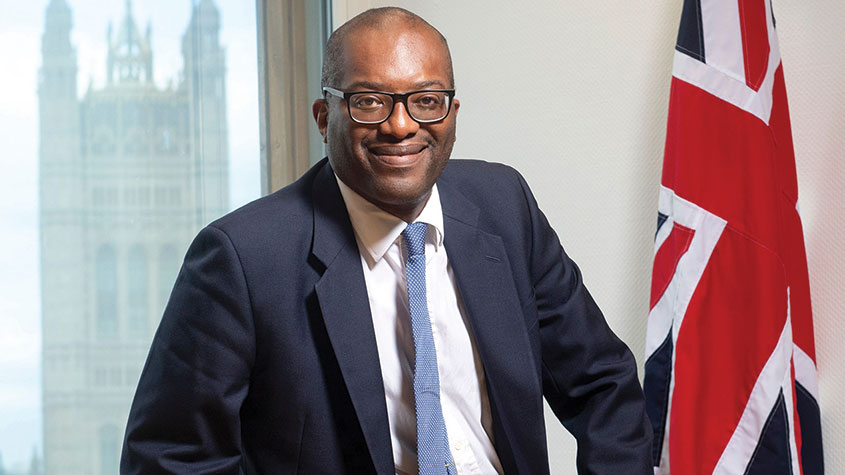 Kwasi Kwarteng: the leading light of the Tory right
Kwasi Kwarteng: the leading light of the Tory rightProfiles Kwasi Kwarteng, who studied 17th-century currency policy for his doctoral thesis, has always had a keen interest in economic crises. Now he is in one of his own making
-
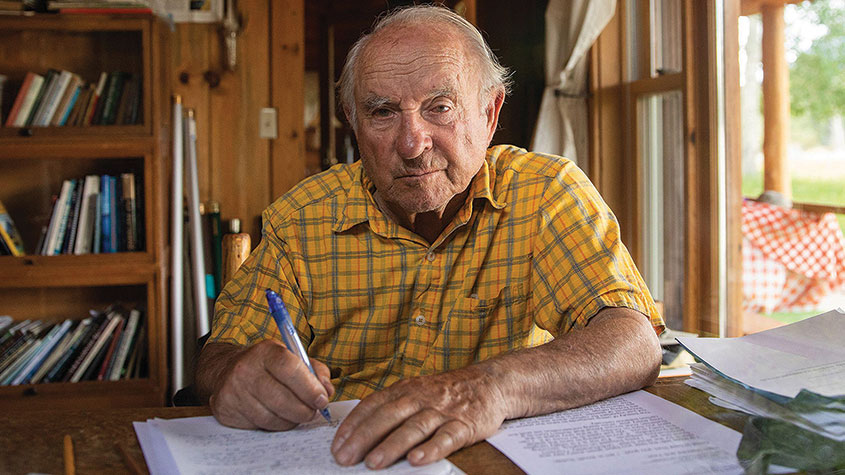 Yvon Chouinard: The billionaire “dirtbag” who's giving it all away
Yvon Chouinard: The billionaire “dirtbag” who's giving it all awayProfiles Outdoor-equipment retailer Yvon Chouinard is the latest in a line of rich benefactors to shun personal aggrandisement in favour of worthy causes.
-
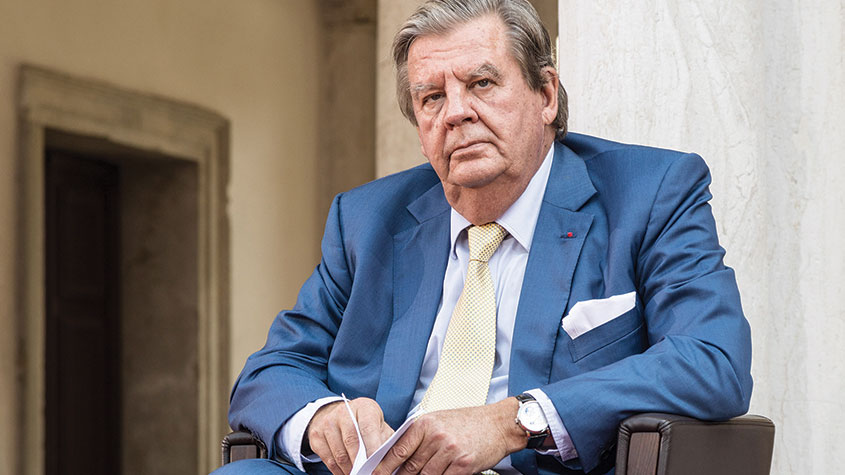 Johann Rupert: the Warren Buffett of luxury goods
Johann Rupert: the Warren Buffett of luxury goodsProfiles Johann Rupert, the presiding boss of Swiss luxury group Richemont, has seen off a challenge to his authority by a hedge fund. But his trials are not over yet.
-
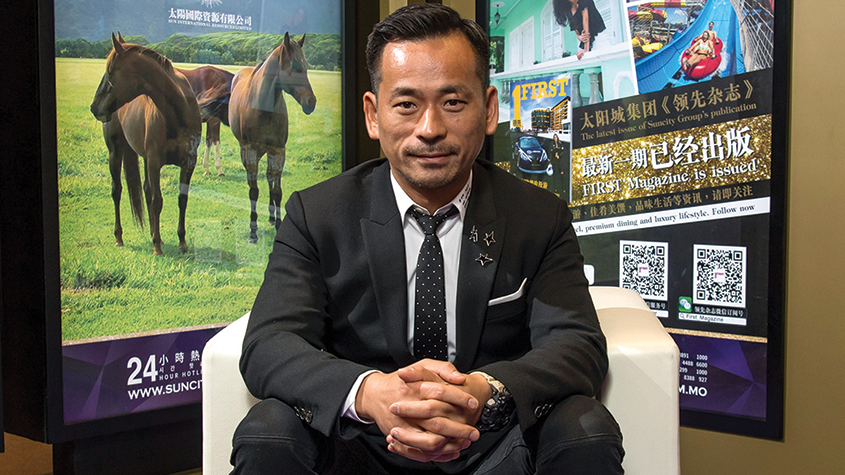 Profile: the fall of Alvin Chau, Macau’s junket king
Profile: the fall of Alvin Chau, Macau’s junket kingProfiles Alvin Chau made a fortune catering for Chinese gamblers as the authorities turned a blind eye. Now he’s on trial for illegal cross-border gambling, fraud and money laundering.
-
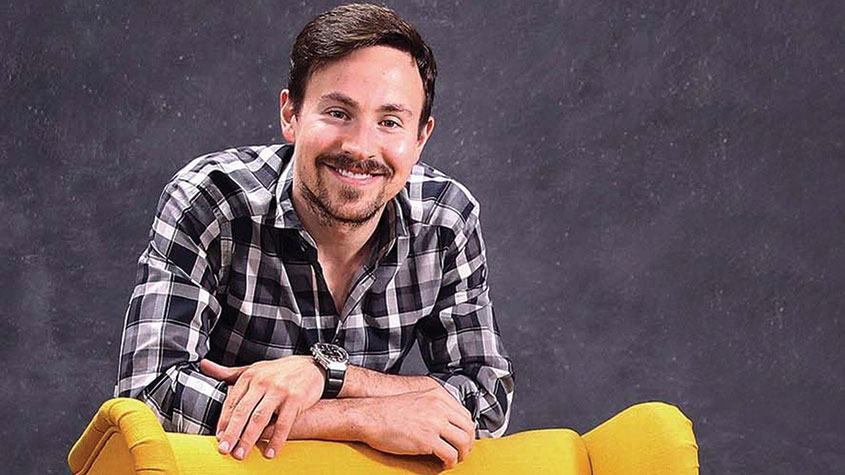 Ryan Cohen: the “meme king” who sparked a frenzy
Ryan Cohen: the “meme king” who sparked a frenzyProfiles Ryan Cohen was credited with saving a clapped-out videogames retailer with little more than a knack for whipping up a social-media storm. But his latest intervention has backfired.
-
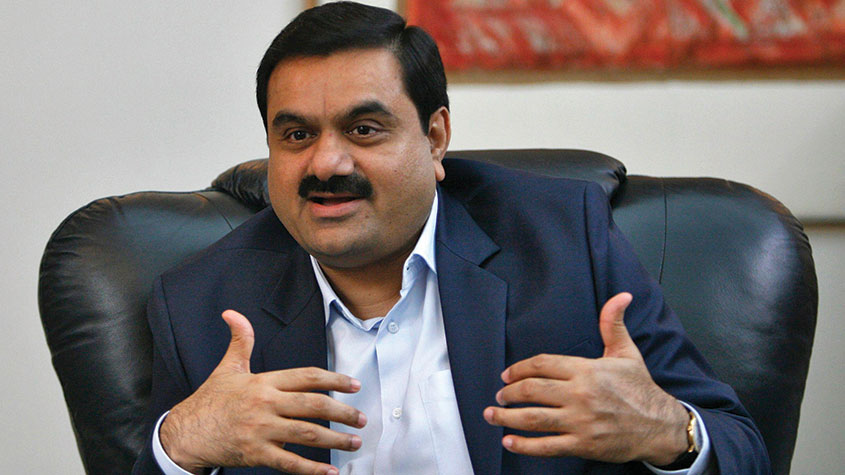 The rise of Gautam Adani, Asia’s richest man
The rise of Gautam Adani, Asia’s richest manProfiles India’s Gautam Adani started working life as an exporter and hit the big time when he moved into infrastructure. Political connections have been useful – but are a double-edged sword.